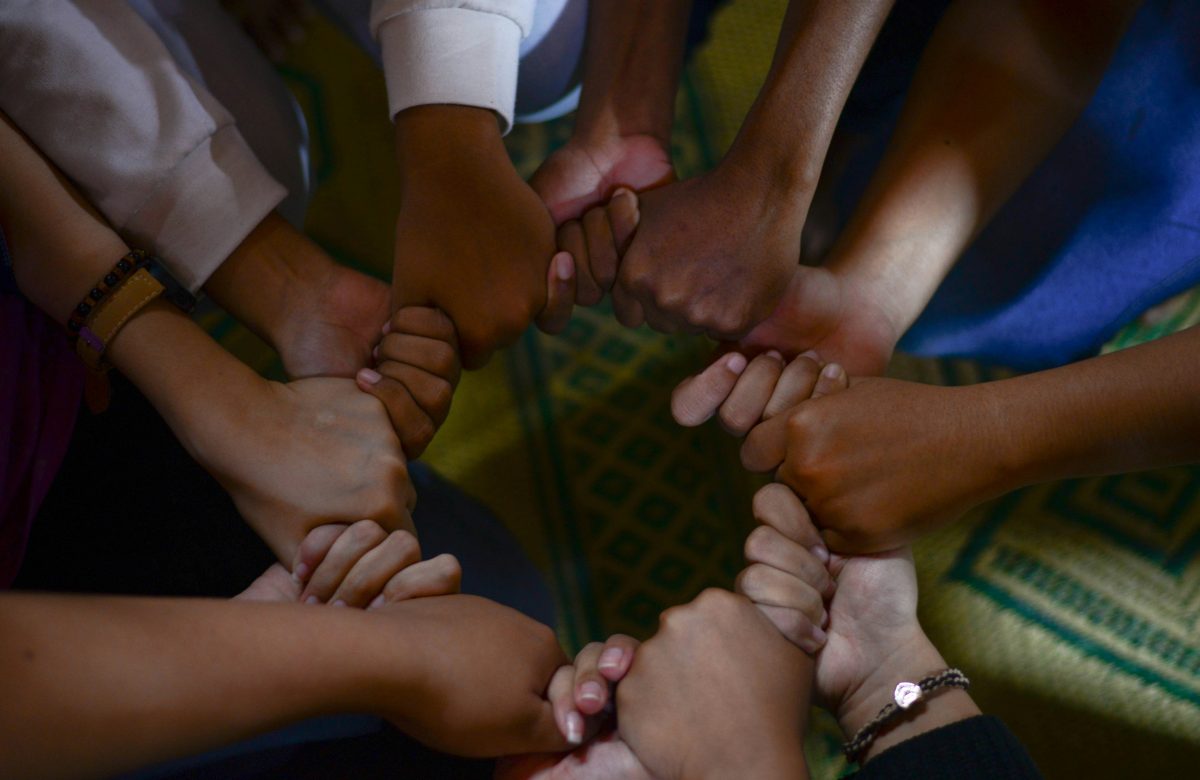The Power of Unity- Why standing together matters more than ever
We live in a world defined by diversity. We differ in religion, skin color, gender, social status, political beliefs, and identity. And yet, at our core, we are profoundly similar: we all seek love, safety, respect, and purpose. In a global context that often feels increasingly divided, unity is no longer just an ideal — it’s a vital necessity.
Why is unity so important?
1. To build a more empathetic and fair society
When we come together despite our differences, we begin to see the human being — not the label. A united society is one where every voice is heard and respected, whether it comes from a wealthy neighborhood or a marginalized corner of the world. Unity doesn’t mean sameness; it means harmony in diversity.
2. To effectively face global challenges
Climate change, pandemics, and wars don’t discriminate based on religion, status, or origin. Only through solidarity and international cooperation can we find real and lasting solutions. Unity becomes not just a moral choice, but a tool for survival and progress.
3. To overcome hate and fear
Fear of difference stems from a lack of understanding. Through closeness and honest dialogue, we turn fear into curiosity, and hate into respect. Education, culture, and open communication are bridges that lead to unity.
4. To learn from history’s painful lessons
History has shown us — again and again — what happens when people are divided:
-
Rwanda, 1994 – In just 100 days, over 800,000 people were killed in a genocide fueled by ethnic hatred between Hutus and Tutsis. A society once united was manipulated into destruction by political leaders and media propaganda.
-
Nazi Germany, 1933–1945 – The ideology that split people into „Aryans” and „others” led to the Holocaust, in which over 6 million Jews were murdered, along with Roma people, LGBTQ individuals, and those with disabilities.
-
The Yugoslav Wars, 1990s – Extreme nationalism and ethnic division tore apart a multi-ethnic country, leading to hundreds of thousands of deaths and millions displaced.
-
Racial Segregation in the United States – For decades, laws and systemic racism kept Black Americans separated and oppressed. Only through unity and civil rights movements in the 1960s did progress toward equality begin to emerge.
These moments remind us that division can lead to irreversible destruction, while unity is the only sustainable path forward.
So what can we do, practically?
-
Listen to understand, not just to respond
-
Educate ourselves — don’t rely on assumptions or stereotypes
-
Speak out against hate, even if it doesn’t directly affect us
-
Look for common ground, not just conflict
In conclusion, unity doesn’t mean we have to think, live, or believe the same things — it means we choose to respect each other regardless. It’s a sign of maturity, courage, and vision. When we choose unity, we become more than individuals coexisting; we become a community, a force for good, a humanity that refuses to break apart.
Because in the end, it’s not what we believe, how we look, or where we come from that defines us — but how we treat each other. And if we want a more just, peaceful, and humane world, we must build it together.
